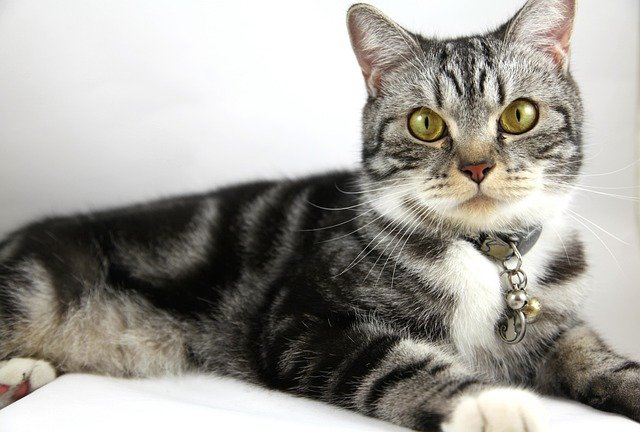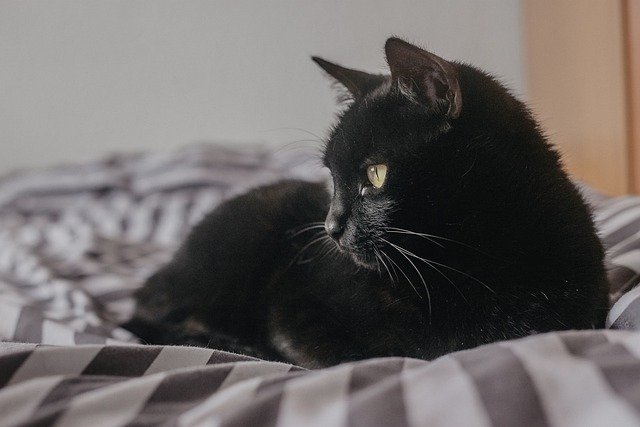Catnip is considered as a member of the mint family. It has been a source of fascination for both cats and their owners for generations. Generally cats love this thing. Many cat lovers enjoy watching their pets react to this herb. But often questions arise about its safety. Here, we’ll explore the effects of it on cats, its benefits, potential risks and best practices for its use. We’ll ensuring you have all the information you need to keep your feline friend happy and healthy.
What is Catnip?
Basically Catnip (Nepeta Cataria) is a perennial herb. It contains a compound called nepetalactone. When cats smell or ingest this, they may exhibit behaviors such as rolling, purring and playful antics. These reactions typically last around 10 to 15 minutes, followed by a period of calmness. But all cats are not affected by it. It’s sensitivity is hereditary. Generally about 50-75% of cats responding to it.
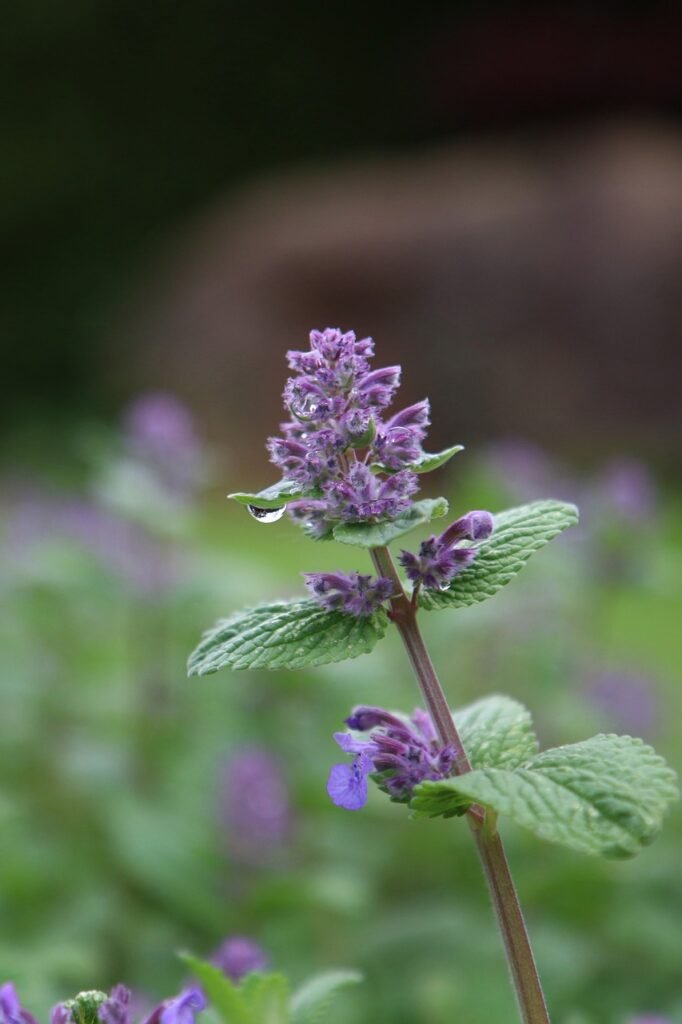
Is Catnip Safe for Cats?
It is completely safe and non-toxic for cats. There is no long-term health risks of smelling it. But it makes a harmless way to enrich your pet’s environment. Even if your cat consumes a large amount of it, you need not to be worry. Ingesting more of this cannot cause serious issues. Some cats might experience mild digestive upset if they ingest too much, but this is generally not harmful.
Benefits of Catnip
- Stimulates Playfulness: It encourages playful behavior of your cat. It helps to keep your indoor cats active and engaged. This can be especially beneficial for cats that lack sufficient physical activity.
- Reduces Stress: It is very important for stressful and anxious cat. It can help alleviate stress and anxiety in some cats. It can create a relaxing environment for your beloved cat. When your cat is in new situations or introducing with a new pet, it is necessary.
- Enhances Bonding: It plays a vital role in enhancing bond between you and your feline friend. Playing with your cat using catnip-infused toys can strengthen that bond. It promotes interactive playtime.
- Behavioral Training: It can be used as a tool in behavioral training for your cat. For example, you can use it to encourage your cat to use scratching posts instead of furniture. Sprinkling this item on the post can attract them and make it more appealing.
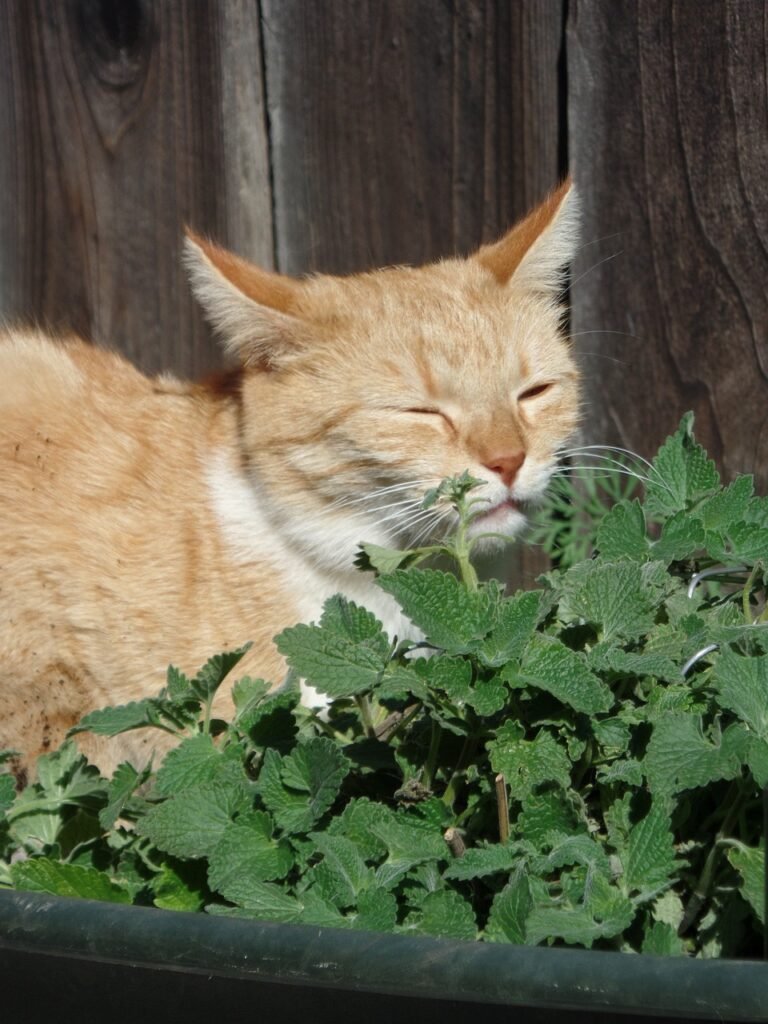
Potential Risks of Catnip
It is safe for most cats, but there are a few considerations to keep in mind while using this:
Overstimulation: Some cats may become overly excited or aggressive when exposed to it. If your cat displays signs of overstimulation, such as biting or excessive hyperactivity, it’s best to limit their exposure.
Age and Sensitivity: Sometimes age and sensitivity may affect in using it. Kittens under six months have not developed the sensitivity to nepetalactone. So, they may not react to this herb. Older cats may also show less interest due to changes in their sensory receptors.
Allergies: Some cats may be allergic to it but this is rare. If you notice signs of any allergic reaction, such as itching or swelling, you have to stop using this immediately and consult your veterinarian.
How to Use Catnip Safely?
If you wants to maximize the benefits of catnip while minimizing risks, you should consider the following tips:
- Introduce Gradually: Start by offering small amounts of catnip to see how your cat reacts. Monitor their behavior and adjust accordingly.
- Quality Matters: Opt for high-quality, organic catnip without additives or chemicals. Fresh or dried catnip is preferable. You have to avoid products with synthetic fragrances.
- Store Properly: Preservation process is also important for gaining benefits of catnip. Keep them in an airtight container to preserve its potency and freshness.
- Limit Exposure: Use catnip in moderation, allowing a break after a play session. This helps prevent overstimulation and keeps the experience enjoyable for your feline friends.
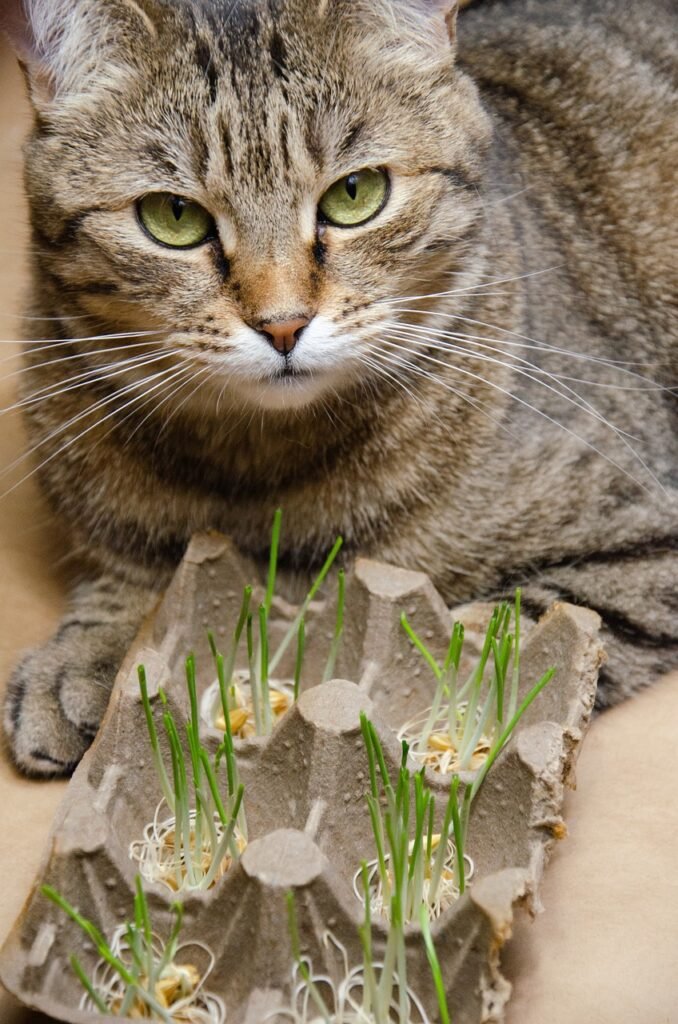
Catnip is a safe and enjoyable way to enrich your cat’s life. Its playful effects can provide mental stimulation and stress relief, fostering a happier and healthier feline. By understanding your cat’s unique preferences and responding to their needs, you can make the most of this delightful herb. If you have further concerns about using catnip with your pet, consult your veterinarian for personalized advice. Enjoy the fun that comes with catnip.

